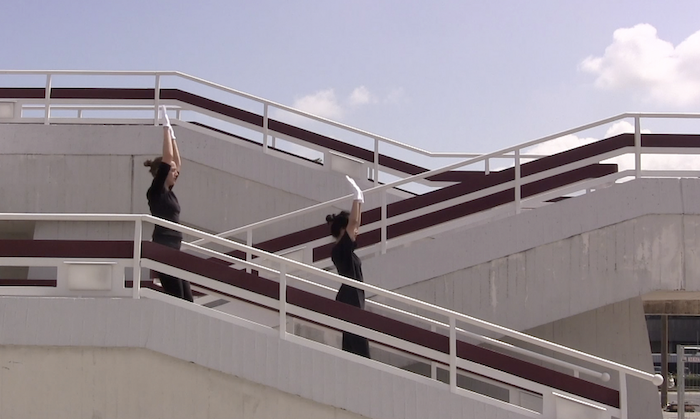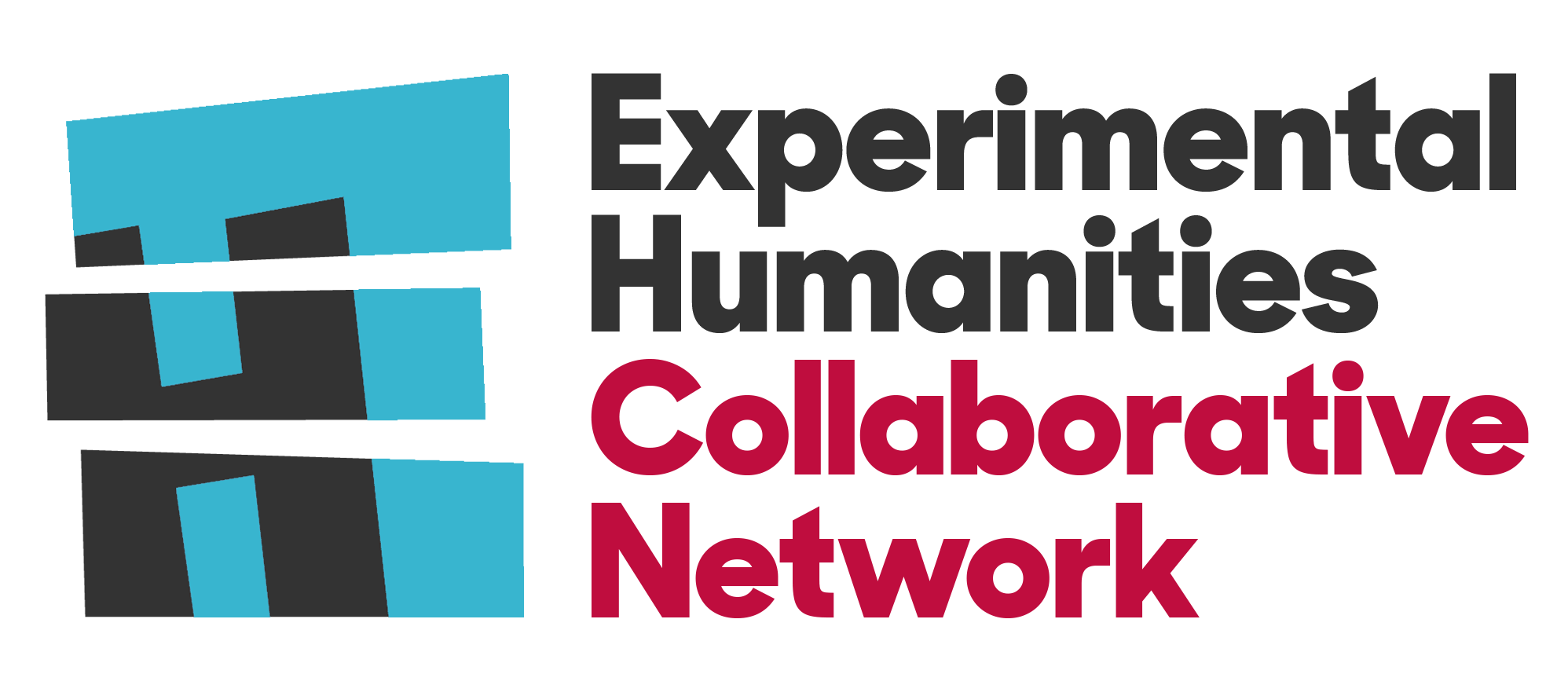
Welcome to Our new portfolio
Edited Volume
The publication of an open-access edited volume has been one of the cornerstones to the To Be—Named project to ensure these critical conversations are shared broadly. By combining creative, analytical, and exploratory essays with multidisciplinary media and poetry, we examine diverse but related topics on how language is used to define and order our world—from personal names and issues of self-definition, gender and race to Indigenous place names, taxonomic theory, as well as language rights and activism—including how people are using language and naming to redefine or reassert their identities. The volume includes these four sub-sections: Personal Names: What My Name (Doesn’t) Tell You; Naming and Being in the World; Naming and Ordering the World: A Plurality of Taxonomies; Legitimizing and Delegitimizing Through Naming.
The goal of this volume is to better understand the different values in and dynamics of the diverse knowledge systems involved, how these intersect and with what consequences. We also recognize that Western taxonomic structures and nomenclature is only one way of ordering and naming the world. As a result, we juxtapose essays and art about Indigenous knowledge systems and orderings of the world with those about scientific ones to provoke exchanges about various ways in which taxonomic-language-acts order the world. When thinking about colonizing regimes and the scientific apparatus of classification and control, we also explore this via how mechanisms of resistance are not only textual, but corporeal, environmental, and about re-establishing Indigenous and minority worldviews and epistemologies.
The editorial team consists of:
- Stanisław Kordasiewicz
Stanisław Kordasiewicz
(University of Warsaw) CoLing Coordinator
Stanisław Kordasiewicz graduated from the Faculty of Law at the University of Warsaw (2005) and obtained a PhD (2010). His current research interests include the protection of language, minority and indigenous rights. He worked (2016-2018) as an event coordinator in the Engaged Humanities project and is passionate about bridging the gap between universities, local communities and the general public. He organized the “In our own words” film festival, that was focussed on indigenous cultures and languages and recognized as an official event of the UNESCO International Year of Indigenous Languages 2019.
- Tomasz Wicherkiewicz
Tomasz Wicherkiewicz
(Language Policy & Minority Studies at Adam Mickiewicz University in Poznań, Poland)
- Sylvia Ngo
Sylvia Ngo
(George Washington University) Project Liaison for Recovering Voices
- Kyunney Takasaeva (Künnei Takaahai in the Sakha language)
Kyunney Takasaeva (Künnei Takaahai in the Sakha language)
Kyunney Takasaeva (Kunnej Takaahaj in the Sakha language) is the coordinator of the Polish-Siberian research group at the Faculty of "Artes Liberales'' at the University of Warsaw. Her primary interest is the study of cultural anthropology – Including the societies and cultures of Siberia, Central Asia, and the Arctic. She is also interested in the identity of indigenous peoples and multiculturalism in Siberia and the United States in the context of modern neo-colonialism, post-colonialism, and decolonial studies. Her work also includes research regarding foreigners in the Siberian territories up to the 20th century.
Our editorial assistants are:
Our editorial committee (2020-2022) includes:
- Jesse van Amelsvoort
Jesse van Amelsvoort
(Modern European Literature, University of Amsterdam, Netherlands)
- Marta Ostajewska
Marta Ostajewska
Marta Ostajewska (º1980, Poland) performer and visual artist, PhD researcher at the Academy of Fine Arts in Krakow and at the University of Warsaw (Artes Liberales). Her M.A. in Multimedia Design was received from School of Arts in Ghent. She graduated also at the University of Lodz (Theory of literature). Her artistic activities were presented in several galleries and at the international theater’s stages: Croxhapox Gallery, Campo Victoria, Nieuwpoorttheater, NTGENT in Ghent, Rozentheater in Amsterdam, The Manhattan Gallery, Prexer, Factory of Art, Gallery Kobro, Posiadło Ksiezy Mlyn, Free Space Gallery in Lodz, Articule Gallery in Montreal, Industra Gallery in Brno. She has participated in many international projects, among others, in the artistic residency Human Hotel: Copenhagen in Denmark and in the international festivals (BIO50 in Ljubljana, RIAP2014 in Quebec City, Canada, PAB2015 in Bergen, Norway). She is co-chief editor of the artistic magazine Woof Woof Arf Arf. She publishes her artistic works and theoretical texts related to the modern art scene, site-specific art and performance art on the international stage.
- Genner Llanes Ortiz
Genner Llanes Ortiz
(Anthropology, Bishop University, Canada)
- Omar Aguilar Sánchez
Omar Aguilar Sánchez
(Ñuu Savi/Mixtec) (Archaeology and Post-Colonial Digital Humanities, National School of Anthropology and History, Mexico)
Information about Edited Volume contributors coming soon.



